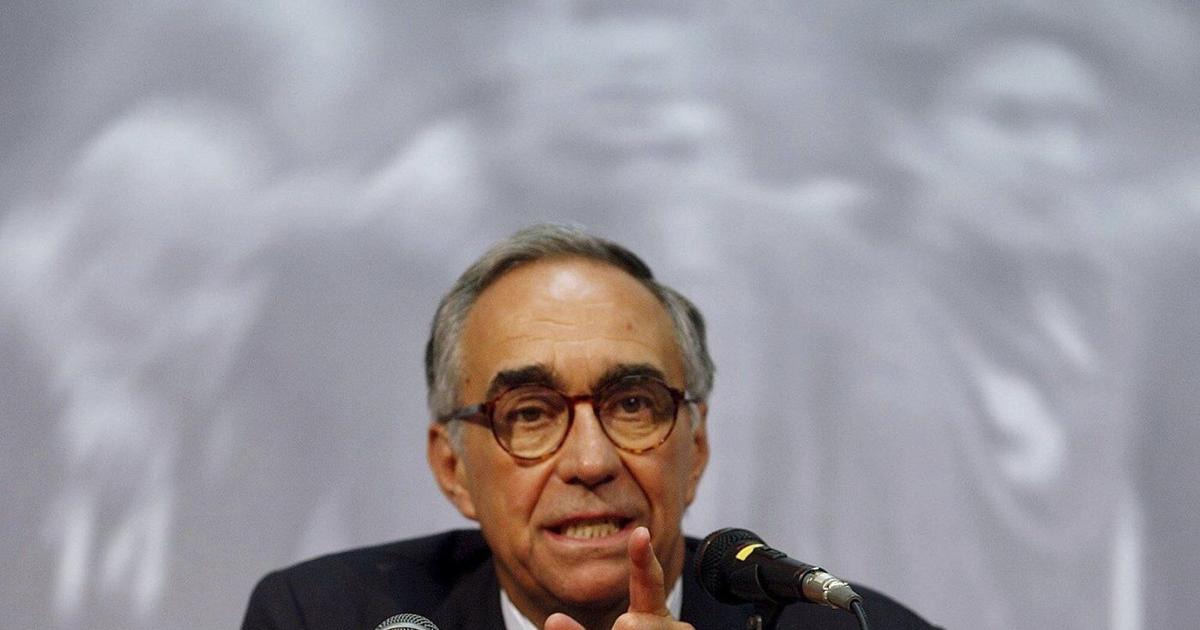Octogenarian Olympian: The Unexpected Contender in Italy's Sporting Power Struggle

In a surprising twist that has the Italian sports community abuzz, an 85-year-old former member of the International Olympic Committee (IOC) has emerged as a potential frontrunner in the heated race for the presidency of the Italian National Olympic Committee (CONI). This development, akin to a plot twist in a gripping political drama, unfolds against a backdrop of intense lobbying and strategic maneuvering that has characterized the lead-up to the contentious vote.
The individual at the center of this unfolding saga is a seasoned veteran of the Olympic movement, whose extensive experience and deep-rooted connections within the global sports community have positioned him as a formidable candidate. His candidacy is not merely a nod to nostalgia; it represents a strategic pivot that could redefine the landscape of Italian sports governance.
The election, slated for later this year, has already sparked fervent debates among stakeholders, with factions forming around the various candidates. The octogenarian's entry into the race has added a layer of complexity to an already intricate political tapestry, challenging the conventional wisdom that youth and modernity are prerequisites for leadership in the dynamic world of sports administration.
Historical parallels abound in this scenario, reminiscent of other instances where seasoned figures have returned to the forefront of leadership, bringing with them a wealth of experience and a steady hand. His potential presidency could signal a return to traditional values and a focus on stability and continuity, qualities that some argue are desperately needed in the current climate of uncertainty.
Stakeholders across the spectrum are weighing in on the implications of his candidacy. Supporters laud his extensive track record and the respect he commands within the international sports community. Critics, however, question whether his age might be a hindrance in navigating the fast-paced and often tumultuous world of contemporary sports politics.
As the election date draws nearer, the atmosphere is charged with anticipation. The corridors of power within CONI are abuzz with speculation, and the stakes have never been higher. The outcome of this election could have far-reaching consequences, not just for Italian sports, but for the broader Olympic movement.
The narrative of an elder statesman stepping back into the limelight is one that resonates beyond the confines of sports, echoing themes of legacy, resilience, and the enduring relevance of experience. Whether this 85-year-old former IOC member will indeed become the key to unlocking a new chapter in CONI's history remains to be seen, but one thing is certain: his candidacy has already left an indelible mark on the landscape of Italian sports politics.
🔮 Fortellr Predicts
Confidence: 85%
The emergence of an octogenarian contender in Italy's sporting scene is poised to generate significant media attention and influence societal attitudes towards aging, particularly in the domain of athletics. Historically, older athletes who have succeeded at high levels of competition tend to challenge age-related stereotypes and inspire a broader conversation about the capabilities of older individuals. Given Italy's cultural affinity for celebrating sports achievements as a marker of national pride, this athlete's journey will likely become a focal point in Italian media, possibly resulting in increased public engagement and sponsorships.
In the immediate term, sports federations and policymakers in Italy might start considering policies that promote inclusivity and support for athletes regardless of age, potentially leading to reforms in athletic qualifications and training programs. Internationally, this could lead to collaboration or discussions within sporting bodies about age inclusivity and perhaps even the reevaluation of age limits or categories in competitions.
If the athlete achieves notable success, it can stir further societal effects such as increased participation of older individuals in sports, prompted by both inspiration from the athlete's achievements and systemic encouragement from newly developed policies. This could also drive commercial interests, with brands focusing marketing campaigns on themes of agelessness and longevity.
This narrative further aligns with global demographic trends, as societies worldwide age, prompting cross-sector reflection on age and capability. In sports, this could catalyze broader changes that trickle down to other sectors, fostering a more inclusive approach to aging populations.